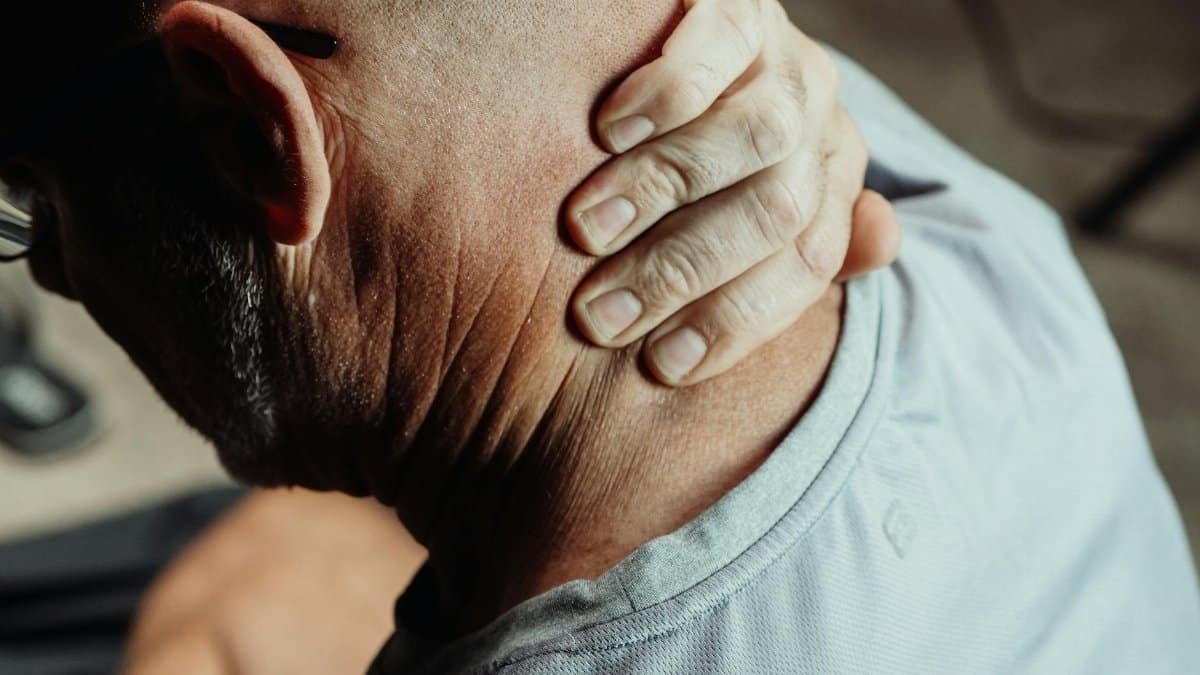New data shows 65% of Americans report high stress levels, according to a recent American Psychological Association survey. Amid this surge, resilience mindfulness meditation is emerging as a key tool, often intertwined with hypnotherapy for deeper relief. Experts say combining these practices builds mental toughness, helping people bounce back from daily pressures. This approach isn’t just trendy; it’s backed by science, offering a practical path to calm in a chaotic world. As more turn to these methods in 2025, understanding their link could change how we tackle stress.
What Is Hypnotherapy?

Hypnotherapy involves guided relaxation to reach a focused state of awareness. Therapists use suggestions to address issues like anxiety or habits. It’s not stage show magic but a clinical tool recognized by groups like the American Society of Clinical Hypnosis. Sessions typically last 45 to 60 minutes, with patients fully aware and in control. This method taps into the subconscious, making it easier to reframe negative thoughts. For stress relief, it promotes deep relaxation, reducing cortisol levels effectively.
The Science Behind Stress Relief

Stress triggers the body’s fight or flight response, flooding it with hormones. Hypnotherapy counters this by inducing trance like states that lower heart rates and blood pressure. Studies from institutions like Harvard Medical School highlight its efficacy. For instance, research shows hypnotherapy can decrease stress symptoms by up to 40% in participants. Linking it with mindfulness practices amplifies benefits, fostering long term resilience. In 2025, with rising mental health concerns, this combo is gaining traction among professionals.
Integrating Resilience Mindfulness Meditation

Resilience mindfulness meditation focuses on present moment awareness while building emotional strength. It involves techniques like breath focus and body scans to cultivate calm. When paired with hypnotherapy, it enhances the trance state, allowing deeper subconscious work. Practitioners report better stress management, with improved focus and emotional balance. This integration isn’t new; it’s rooted in ancient traditions updated for modern life. Experts recommend starting with short daily sessions to see real changes.
Real World Applications

In workplaces, hypnotherapy sessions are popping up to combat burnout. Companies like Google have wellness programs incorporating similar mindful practices. One executive shared, “After hypnotherapy combined with meditation, my stress melted away, boosting productivity.” For everyday folks, it’s used for insomnia or chronic worry. In healthcare, it’s aiding patients with conditions like IBS, where stress plays a big role. The key is accessibility; apps and online sessions make it easy to start.
Potential Challenges and Solutions

Not everyone responds to hypnotherapy right away. Some feel skeptical or struggle to relax. Overcoming this involves finding a certified therapist through reputable directories. Misconceptions, like losing control, deter people, but education helps. Combining it with resilience mindfulness meditation eases entry, as meditation builds the focus needed for hypnosis. Research from the National Center for Biotechnology Information supports gradual integration for best results. Persistence pays off, with most seeing benefits within weeks.
Expert Insights on Effectiveness

Psychologists praise hypnotherapy for its non invasive nature. Dr. Elena Rossi, a New York based clinician, notes, “It rewires stress responses at the root.” Studies back this; a meta analysis in the Journal of Clinical Psychology found significant reductions in anxiety. When resilience mindfulness meditation is added, outcomes improve, per findings from the American Psychological Association. In 2025, with telehealth booming, access is better than ever, making it a go to for stress weary Americans.
Getting Started Safely

Begin by researching licensed hypnotherapists via organizations like the American Board of Hypnotherapy. Start with self guided resilience mindfulness meditation using free resources online. Combine them in short practices: meditate for 10 minutes, then listen to a hypnotherapy audio. Track progress in a journal to note stress reductions. Consult a doctor if you have underlying conditions. This cautious approach ensures safety and maximizes relief.
Broader Impacts on Wellness

Beyond individual relief, hypnotherapy influences community health. Schools are introducing mindfulness programs to build student resilience, often with hypnotic elements for focus. In sports, athletes use it to manage performance anxiety. The ripple effect? Lower healthcare costs from stress related illnesses. As 2025 unfolds, expect more integration into public health initiatives, promoting widespread calm and balance.
Future Directions in Research

Ongoing studies are exploring hypnotherapy’s role in chronic stress disorders. Universities like Stanford are leading trials combining it with meditation for PTSD patients. Early results show promise, with participants reporting sustained resilience. This could reshape mental health treatments, emphasizing holistic methods over medication alone. Keep an eye on updates from reliable sources as evidence builds.
